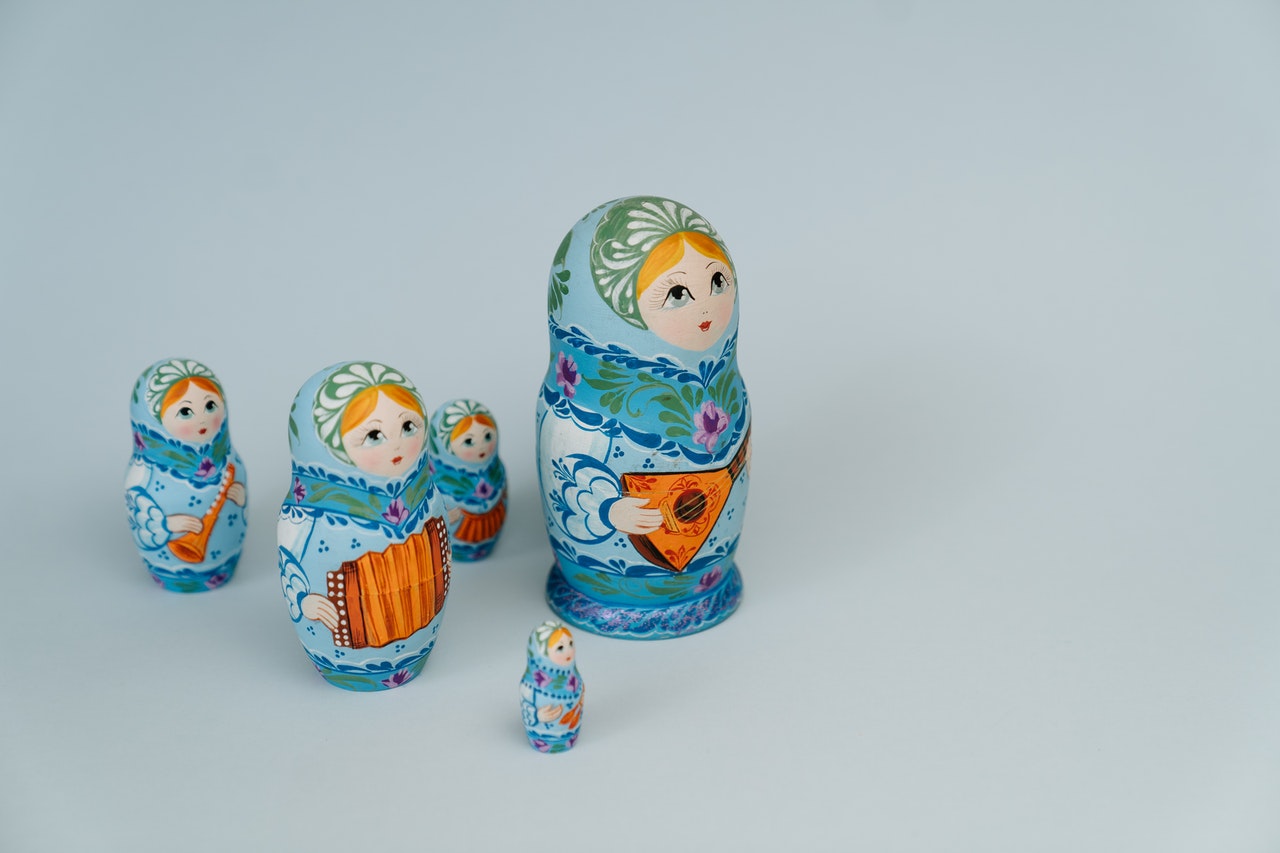
Russian
Русский язык (russkij jazyk)
Indo-Europan > Balto-Slavic > Slavic > East Slavic
Spoken by: 155 millions according to ne.se, 2010
Official in: Russia, Belarus, Kazakhstan, Kyrgyzstan
Spoken primarily in: Russia, Belarus, Ukraine, Kazakhstan, Kyrgyzstan, Uzbekistan, Latvia, United States, Israel, Moldova, Azerbaijan, Estonia, Tajikistan, Lithuania, Georgia
Russian is by far the biggest native language in the Slavic language group. Having been the main language for inter-ethnic communication in the Soviet Union and its sphere of influence in Eastern Europe and parts of Asia, Russian is also spoken by many non-native speakers. After the dissolution of the Soviet Union, many Russian-speaking Jews emigrated to Israel, making it one of the major languages there. Typical for Slavic languages is that most phonemes have two allophones, one of which is palatalized (i.e. it is pronounced with a slight y-sound). Vowels in Russian can be pronounced quite differently if they are stressed or unstressed. Also very typical for Russian are the consonant clusters; Russian allows heavier clusters than most other languages, like встрет- (vstret-) ‘meet’ or чёрств- (čërstv-) ‘stale’. The Russian vocabulary mostly relies on a native stock, but there are also many loanwords from Latin, Greek and other major Europan language, like in most of the European languages. However, Russian has also extended its vocabulary by borrowing words from Old Church Slavonic, the classic Slavic language. An example can be seen in the native Russian word for ‘city’, gorod (as in Novgorod) vs. the borrowed word grad (as in Volgograd). Russian has also absorbed some words from Turkic languages.